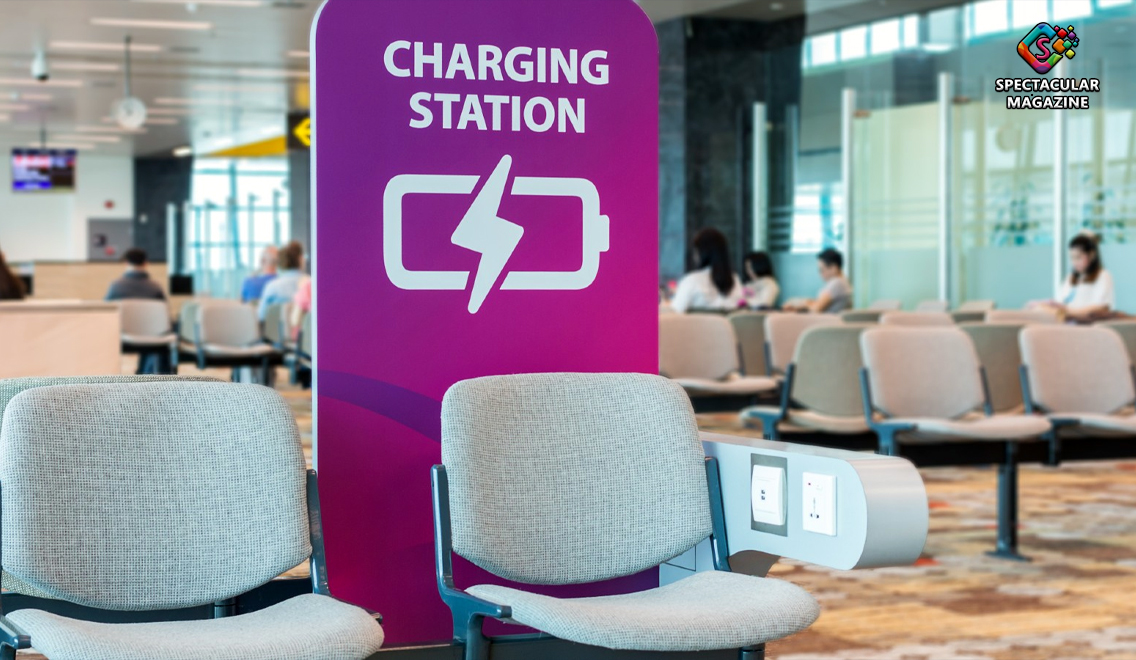FBI Warns Against Using Public Phone Charging Stations
The FBI recently warned consumers against using free public charging stations, saying crooks have managed to hijack public chargers that can infect devices with malware, or software that can give hackers access to your phone, tablet, or computer.
These charging stations are found at airports, hotels, and shopping centers.
While these charging stations may be convenient when your phone or electronic devices need a charge, they can be loaded with malware.
This scam is known as juice jacking. When your phone or iPad needs “juice” or a charge, the FBI said if you plug your device into a public charging station that is loaded with malware it may lock your electronic device, or send private information such as passwords, addresses, banking information or even a full backup of your phone to criminals.
Once in the wrong hands, scammers can use that information to access online accounts or sell it.
“Avoid using free charging stations in airports, hotels, or shopping centers,” a tweet from the FBI’s Denver field office said. “Bad actors have figured out ways to use public USB ports to introduce malware and monitoring software onto devices. Carry your own charger and USB cord and use an electrical outlet instead.”
Avoid using free charging stations in airports, hotels or shopping centers. Bad actors have figured out ways to use public USB ports to introduce malware and monitoring software onto devices. Carry your own charger and USB cord and use an electrical outlet instead. pic.twitter.com/9T62SYen9T
— FBI Denver (@FBIDenver) April 6, 2023
The FBI offers similar guidance on its website to avoid public chargers. The bulletin didn’t point to any recent instances of consumer harm from juice jacking. The FBI’s Denver field office said the message was meant as an advisory, and that there was no specific case that prompted it.
The Federal Communications Commission has also warned about “juice jacking,” as the malware loading scheme is known, since 2021.
Consumer devices with compromised USB cables can be hijacked through software that can then siphon off usernames and passwords, the FCC warned at the time. The commission told consumers to avoid those public stations.
Here are more ways to protect yourself from becoming a juice jacking victim:
- Bring a portable charger or external battery.
- Carry a charging-only cable, which prevents data from sending or receiving while charging, from a trusted supplier.
- Never plug your device into cables already there, as authorities warn in some cases criminals left those cables to trick you.
Besides juice jacking, remember to never use public WiFi networks in airports and busy areas as that is another way that cybercriminals can target you.

